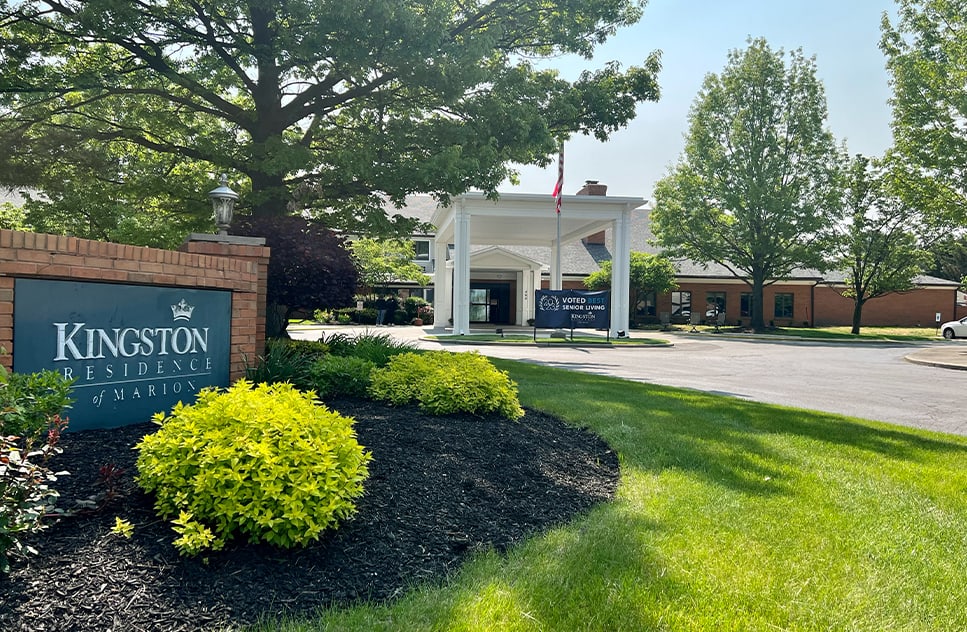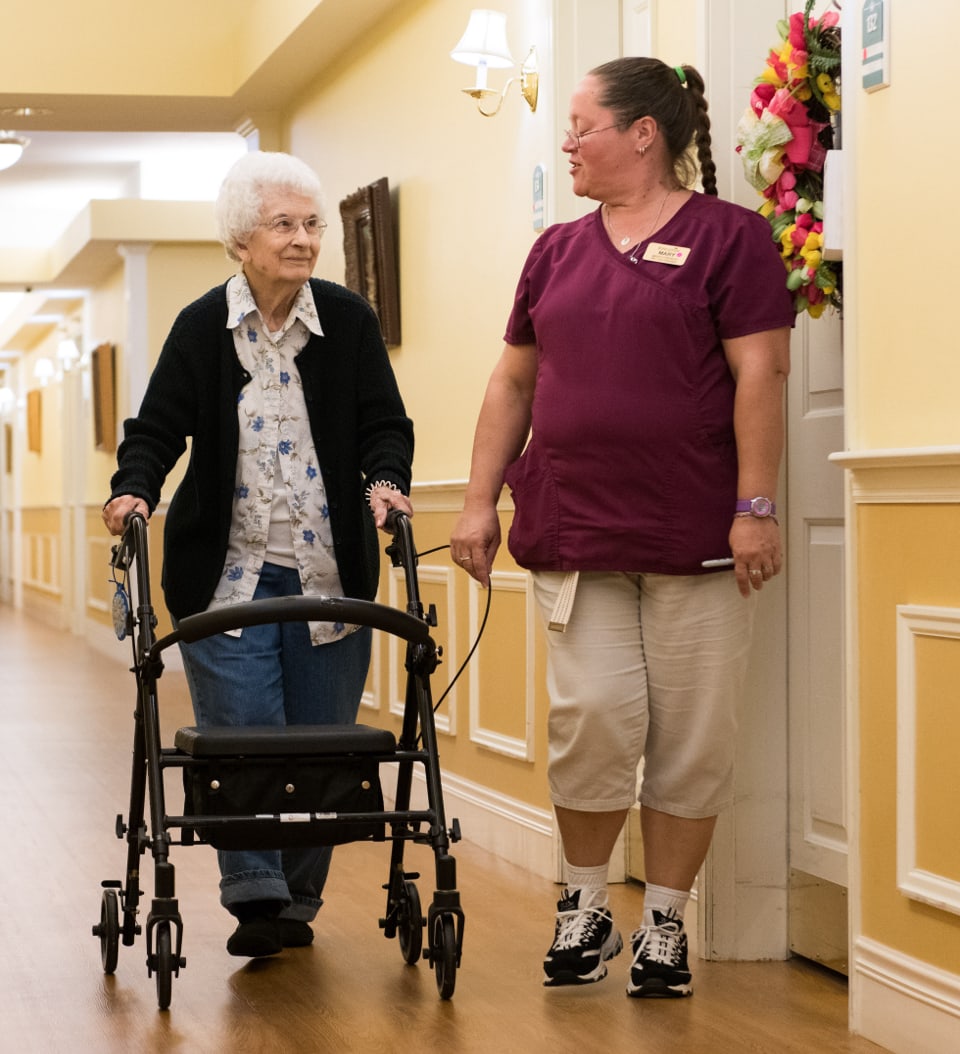In today’s digital age, the online landscape offers a plethora of opportunities for communication, entertainment, and convenience. However, the Internet also comes with risks and challenges, particularly for seniors who may not be as familiar with the fast-evolving online landscape.
Some essential online safety tips to help seniors navigate the internet securely include:
- Using a strong password and updating it frequently
- Using two-factor authentication
- Educating yourself about online fraud
- Knowing how to spot a phishing scam
- Being wary of unsolicited contacts
- Keeping your software up to date
- Using antivirus protection
- Securing your wifi network
- Being cautious with your personal information
- Reviewing privacy settings on social media and other service accounts
At Kingston Residence of Marion, we prioritize the well-being and security of our assisted living community members. We invite you to join us in our mission to keep everyone safe online. Whether it’s through educational workshops, one-on-one tech support, or simply fostering a supportive community, we are here to help you navigate the digital world confidently.
Use Strong Passwords
Creating strong, unique passwords for your online accounts is the first step in online safety. Avoid using easily guessable passwords such as “123456” or “password.” Instead, use a combination of letters (both uppercase and lowercase), numbers, and special characters. You should also avoid using personal information in your password like a birthday or anniversary since this will make your password easier to guess.
Additionally, you could consider using a password manager to keep track of your passwords securely.
Use Two-Factor Authentication (2FA)
Wherever possible, enable two-factor authentication for your online accounts. 2FA provides an extra layer of security by requiring not only a password but also a second form of verification, such as a text message code or an authentication app. This makes it significantly harder for hackers to gain access to your accounts.
Educate Yourself About Online Fraud
Stay informed about the latest online scams and fraud tactics. Resources such as the Federal Trade Commission (FTC) and AARP provide valuable information on common scams and how to protect yourself. Knowledge is your best defense against online fraud.
Be Wary of Phishing Scams
Phishing scams are fraudulent attempts to obtain sensitive information by pretending to be a trustworthy entity. These scams often come in the form of emails or messages that appear to be from legitimate sources. Always verify the sender’s email address and avoid clicking on suspicious links or attachments.
Phishing scams can also come in the form of browser pop-ups that might tell you your computer has been infected with a virus. These pop-ups pretend to be a message from Microsoft or an antivirus program and may be difficult to close. The pop-ups themselves are harmless, but the message often comes with a phone number to call for assistance. If you call the number, the scammers will pretend to provide technical support to give you a set of instructions that can eventually give them full access to your computer.
Be Wary of Unsolicited Contacts
If you receive unsolicited emails, phone calls, or messages from unknown individuals or companies, exercise caution. Scammers often pose as representatives from well-known organizations to trick individuals into providing personal information. Verify the legitimacy of the contact before sharing any details.
Keep Software Up to Date
Make sure that your computer, smartphone, and any other devices you use are running the latest software and security updates. These updates often include patches for security vulnerabilities that could be exploited by hackers. Enable automatic updates whenever possible to stay protected.
Use Antivirus Protection
Invest in reputable antivirus software and run regular scans to detect and remove any malicious software or viruses. Many antivirus programs offer additional features such as real-time protection and anti-phishing tools, which can provide an extra layer of security.
Secure Your Wi-Fi Network
Make sure your home Wi-Fi network is secure by using a strong password and enabling encryption. This prevents unauthorized access to your network and ensures that your online activities remain private. Avoid using public Wi-Fi for sensitive transactions, such as online banking, as these networks are often less secure.
Be Cautious with Personal Information
Be mindful of the personal information you share online. Avoid posting sensitive details such as your address, phone number, or financial information on social media platforms or unverified websites. Remember that once information is posted online, it can be challenging to remove it completely.
Regularly Review Privacy Settings
Take the time to review and adjust the privacy settings on your social media accounts and online services. Customize these settings to control who can see your information and what kind of information is shared. Regularly updating your privacy settings can help protect your personal information from being accessed by unauthorized individuals.
By adhering to these online safety tips, seniors can enjoy the benefits of the internet while minimizing the risks associated with online activities. Staying informed and vigilant is key to maintaining your online security and protecting your personal information.
Staying Safe in the Digital World
Navigating the online world can seem daunting, especially for seniors who might not have grown up with this technology. However, by following these essential safety tips—such as using strong passwords, staying vigilant against phishing scams, keeping software updated, and securing personal information—you can confidently and securely enjoy all the benefits the internet has to offer. Remember, knowledge and caution are your best allies in maintaining online safety. Stay informed, stay cautious, and stay safe!
Take the first step towards a safer online experience today! Contact us today at Kingston Residence of Marion to learn more about our communities, programs, and resources designed just for you and your loved ones. Let’s stay secure and connected.






